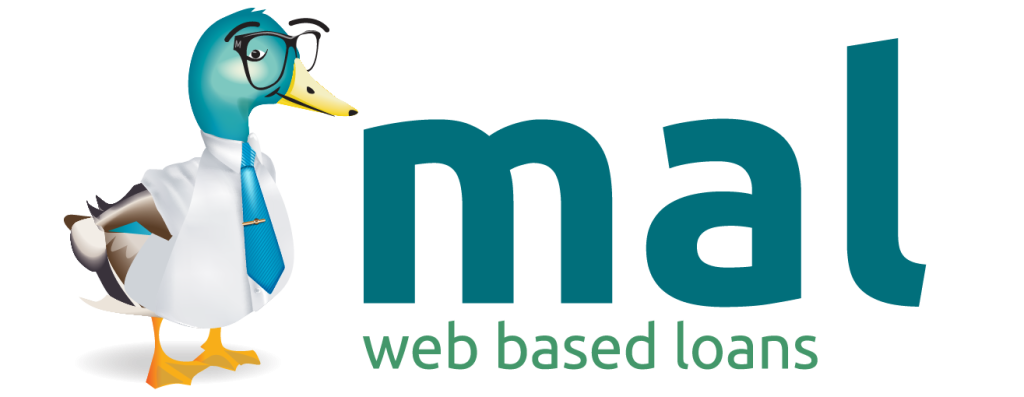We will discuss the interest rates and various fees associated with long-term loans in detail so that you can decide better.
Fixed-Rate Vs. Variable-Rate Long-Term Loans
Fixed interest rate long-term loans will have the same interest rate throughout the term of the loan. That means the repayment amount for each month will remain the same. You can be prepared financially and create a budget and stick to it easily with a fixed interest rate long-term loan.
With a variable interest rate long-term loan, the interest rate will keep on changing. It may get high or it may get low. The amount you have to pay every month is not fixed with such a financing option.
Factors Influencing the Interest Rates of a Long-Term Loan
Various factors decide the interest rates of a long-term loan, and they are:
Loan Amount you are Borrowing
The amount that you are borrowing will have an impact on the interest rate the lender will charge you. If the amount is high, the interest rate will be low and for a low sum of money, the interest rate will be high.
Credit Score
With a high credit score, the interest rate will be lower as the risk associated with you on defaulting the loan is low. However, with a bad credit score, lenders will offer you a high-interest rate due to your credit rating.
Security for the Loan
If you offer security or collateral for the loan you are borrowing, the lenders will charge you a lower interest rate. When collateral is involved, the lenders generally lower the interest rate. It is because even if you fail to repay the loan, the lender will recoup the property or collateral to recover the amount you are not able to pay.
Annual Percentage Rate (APR)
The annual percentage rate, or APR, is the price you pay for all of your borrowing over a year. The regular costs and interest that you will have to pay are included, which is significant. You can compare lending items, like loans or credit cards, using the annual percentage rate (APR).
The various loan alternatives are frequently sorted by representative APR if you conduct a loan search, say on a price comparison website.
Loan Arrangement Fees and Other Charges
The lenders will charge you a loan arrangement fee for the loan, along with various other charges such as – a late repayment fee (whenever you miss the payment due date), broker fee (if you have used a broker to find the lender of your choice), security fee (in case you use a collateral). The list of fees may vary from lender to lender, hence, it is always wise to read the fine print before signing on the dotted line.






















